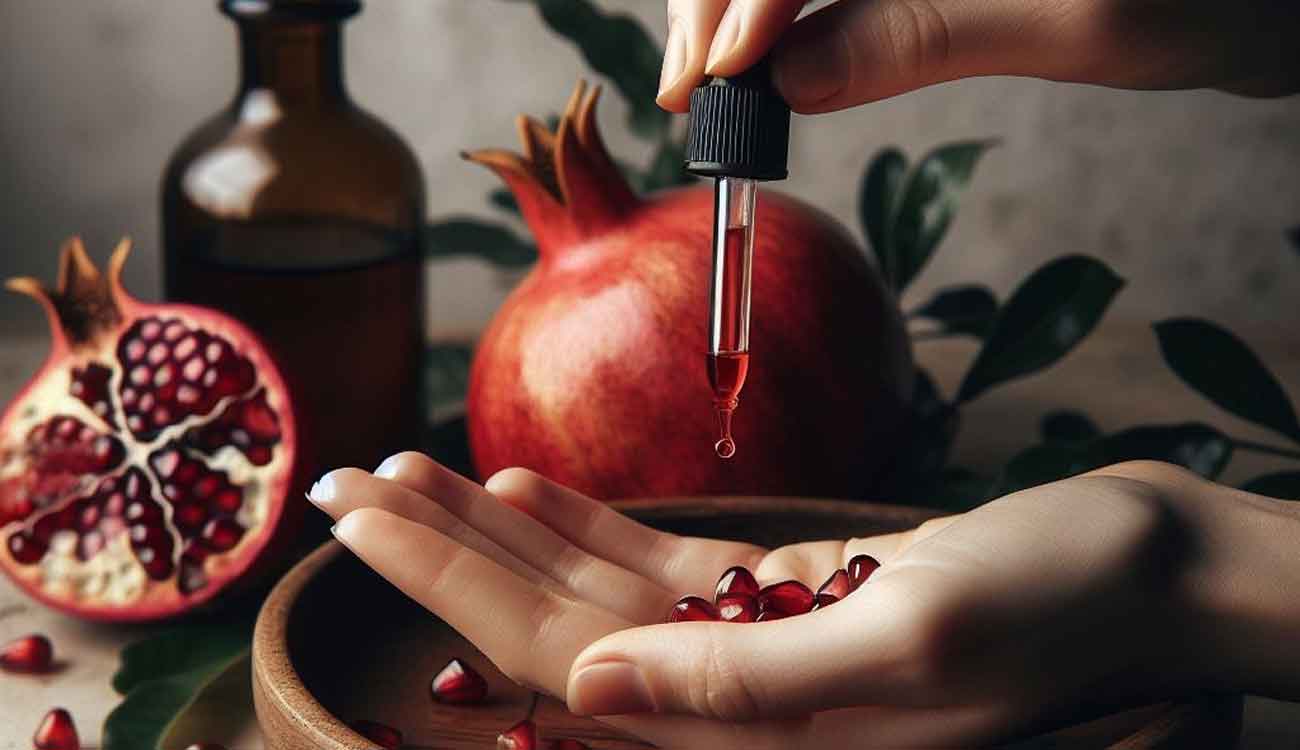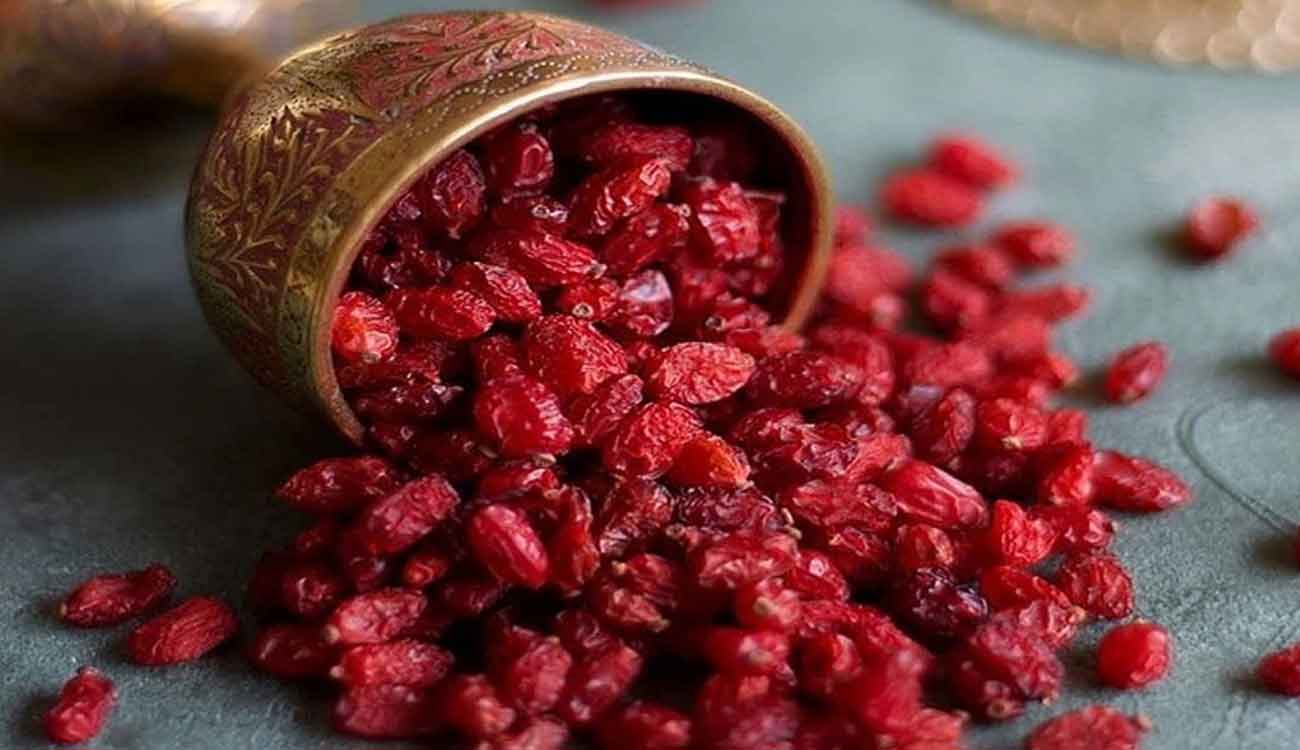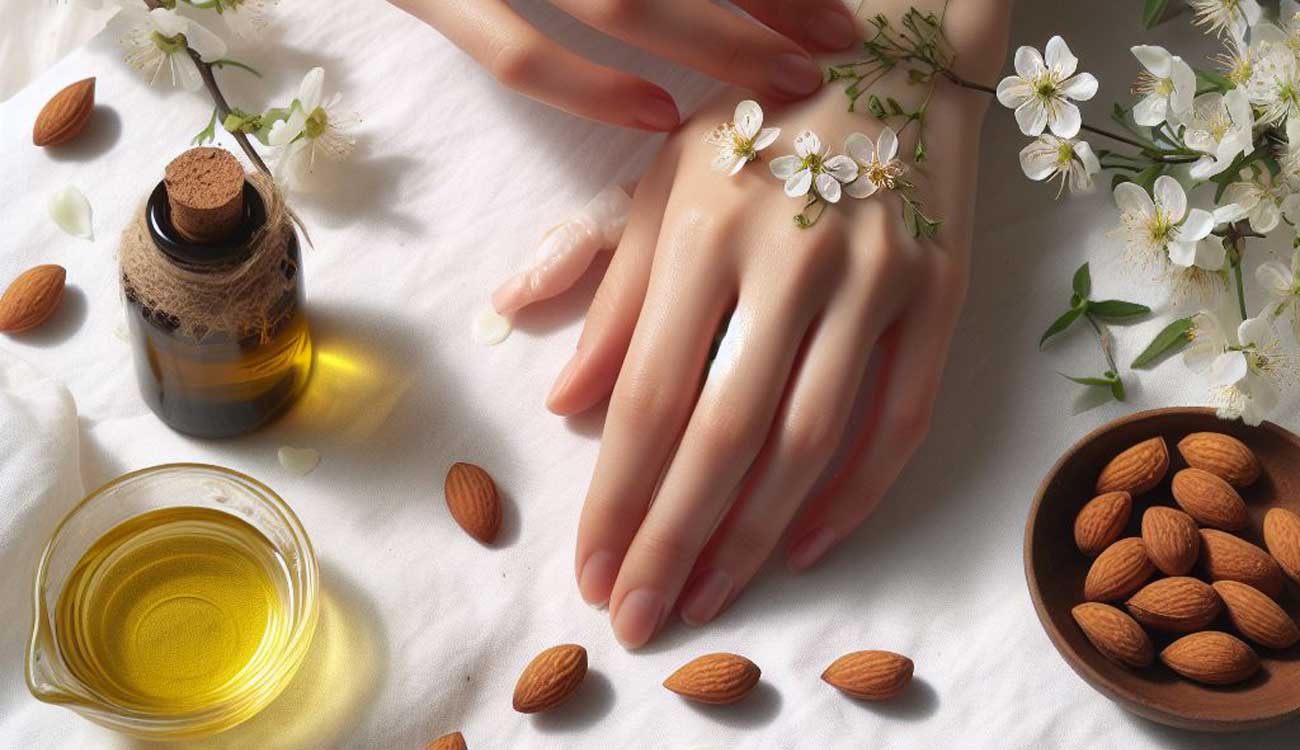Unveiling the Hidden Treasure; pomegranate peel, seeds
pomegranate peel, seeds for skin and medical considerations are discussed in this article from ecofarma
The Benefits of Pomegranate Peel While we often enjoy the juicy seeds of pomegranate, the peel holds its own treasure trove of benefits. Packed with antioxidants, polyphenols, and fiber, pomegranate peel offers a myriad of health perks.
Research suggests that the peel may possess anti-inflammatory properties, aiding in reducing inflammation and oxidative stress in the body. Additionally, it may help lower cholesterol levels and regulate blood sugar levels.

Discovering the Delightful Benefits of pomegranate peel, seeds
Pomegranate seeds, also known as arils, are not just a tasty treat; they’re nutritional powerhouses packed with health benefits. Bursting with vitamins, antioxidants, and fiber, these tiny seeds offer a multitude of reasons to incorporate them into your diet.
Similar to the benefits barberry, Rich in vitamin C, pomegranate seeds support a healthy immune system and collagen production for radiant skin. Their antioxidant properties help fight inflammation and protect cells from damage, potentially lowering the risk of chronic diseases.
Additionally, pomegranate seeds are a good source of dietary fiber, aiding digestion and promoting feelings of fullness, which can assist in weight management. Whether sprinkled over salads, blended into smoothies, or enjoyed on their own as a snack, pomegranate seeds add a delicious and nutritious touch to any meal.
So why not indulge in these vibrant, jewel-like seeds and reap the benefits they have to offer?
Medical considerations about pomegranate
In general, no specific case of medical restrictions has been reported regarding pomegranate, but it is better to pay attention to the following
- Drug Interactions
Pomegranate juice may interact with certain medications, such as statins (cholesterol-lowering drugs), blood pressure medications, and some antidepressants. It can interfere with the metabolism of these drugs, potentially increasing or decreasing their effectiveness. [Reference: Bailey, D. G. et al. (2013). Grapefruit-pomegranate juice inhibits OATP-mediated drug uptake: in vitro and clinical implications.](https://www.ncbi.nlm.nih.gov/pubmed/23223332)
- Allergic Reactions
While rare, some individuals may experience allergic reactions to pomegranate, particularly if they are allergic to other fruits in the same family, such as strawberries or cherries. Symptoms may include itching, swelling, or difficulty breathing. [Reference: Vlieg-Boerstra, B. J. et al. (2007). Oral allergy syndrome to fruits is associated with allergic rhinitis and atopic eczema in parents and siblings.](https://www.ncbi.nlm.nih.gov/pubmed/17848058)
- Gastrointestinal Effects
Consuming large amounts of pomegranate juice or seeds may cause gastrointestinal discomfort in some individuals, including diarrhea, bloating, or abdominal pain. This is primarily due to the high fiber content of pomegranate. [Reference: Grundy, M. M. L. et al. (2017). Impact of processing and simulated gastrointestinal digestion on the antioxidant capacity and polyphenol content of multigrain cereals.](https://www.ncbi.nlm.nih.gov/pubmed/28739361)
- Blood Sugar Levels**: While pomegranate juice is generally considered safe for most people, individuals with diabetes should monitor their blood sugar levels closely when consuming it, as it may cause a spike in blood sugar levels due to its natural sugar content. [Reference: Banihani, S. et al. (2019). The Pharmacological Effects of Pomegranate (Punica granatum L.) as a Therapeutic Agent.](https://www.ncbi.nlm.nih.gov/pmc/articles/PMC6563134/)
- Pregnancy and Breastfeeding
There is limited research on the safety of consuming pomegranate during pregnancy and breastfeeding. While it is generally considered safe in moderate amounts, pregnant and breastfeeding women should consult with their healthcare provider before including it in their diet. [Reference: Ostadrahimi, A. et al. (2017). The Effect of Pomegranate Juice on Clinical Signs, Matrix Metalloproteinases and Antioxidant Status in Patients with Knee Osteoarthritis.](https://www.ncbi.nlm.nih.gov/pmc/articles/PMC5749254/)
It’s important to note that individual responses to pomegranate may vary, and consulting with a healthcare professional is advisable, especially for individuals with pre-existing medical conditions or those taking medications.










Leave a comment